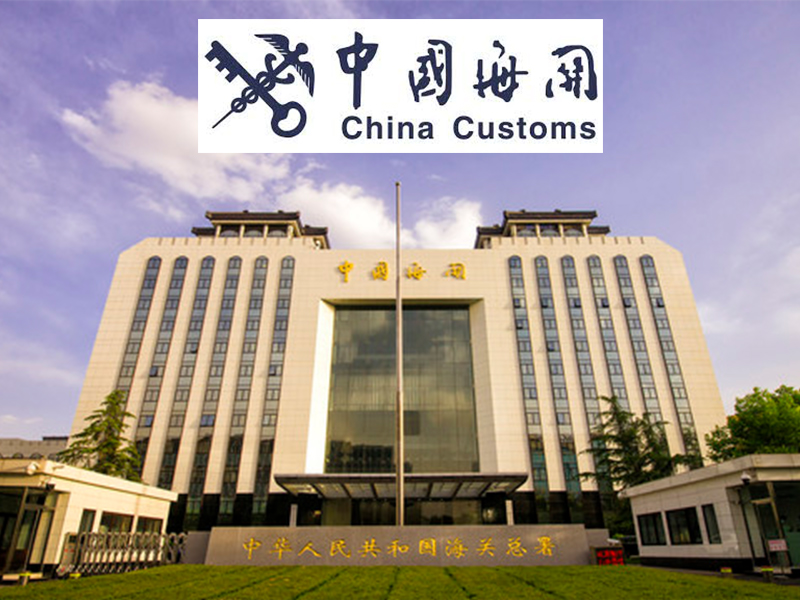





中国互联网贸易及服务协会(简称 ECCA)的设立
针对外国人或企业进入中国市场的解难及相关信息共享,ECCA设立了网站 ecomchina.org 並以论坛形式去解答大众的查询,它的好处在于实时互动,信息丰富,专业多元。大众可快速获取答案,参与讨论,共享知识。同时,论坛汇聚各领域专家,提供权威解答。这种互动问答模式促进了知识的传播与交流。
互联网在中国的发展,不仅改变了人们的生活方式,更在推动经济增长中起到了不可替代的作用。尤其是互联网上的贸易和服务,它们为中国经济提供了强大的动力。
互联网贸易极大地促进了商品和服务的流通。通过电子商务平台,如淘宝、京东等,消费者可以轻松地购买到全国各地的商品,而企业则能够迅速找到合适的供应商和消费者。这种线上交易的方式,不仅提高了市场的透明度,也为企业提供了更广阔的发展空间。
互联网服务为各行各业带来了创新的机会。在线教育、远程医疗、共享经济等新兴业态的兴起,都是互联网与传统行业深度融合的结果。这些创新不仅提高了服务效率,也为消费者带来了更加便捷、个性化的体验。
互联网还为企业提供了更加高效、低成本的营销手段。通过社交媒体、搜索引擎优化等手段,企业可以更加精准地触达目标客户,提高品牌知名度和市场占有率。
中国互联网上的贸易与服务在推动中国经济发展中起到了至关重要的作用。它们不仅促进了商品和服务的流通,还为各行各业带来了创新的机会,为企业提供了更加高效的营销手段,并为中国经济的全球化提供了有力支持。未来,随着互联网的进一步发展,相信这些作用将会更加明显。
外国个人或企业通过互联网进入中国市场可能面对的困难
对中国市场理解和适应:中国市场的文化、消费习惯、商业环境等方面与西方国家存在较大差异。外国公司需要深入了解并适应这些差异,包括了解中国消费者的需求和偏好,以及适应中国的商业规则和监管环境。
在中囯的语言障碍:虽然英语在全球范围内广泛使用,但在中国,主要的交流语言是中文(普通话)。外国人和公司需要克服语言障碍,以便更好地与中国消费者、合作伙伴和政府机构沟通。
中国国内互联网的技术和基础设施差异:中国的互联网基础设施和技术环境与西方国家有所不同。外国公司可能需要调整其技术策略,以确保其产品和服务能够在中国市场顺利运行。
中国国内互联网的数据保护和隐私法规:中国对数据保护和隐私的法规要求可能与其他国家不同。外国公司需要遵守这些法规,并确保其在中国市场的运营符合相关规定。
中国国内本地竞争:中国市场的竞争激烈,本地公司已经建立了强大的品牌影响力和市场地位。外国公司需要面对这些本地竞争对手,并找到自己在市场中的定位。
中国国内的监管和合规性:中国的互联网监管环境可能比其他国家更为严格。外国公司需要确保其产品和服务符合中国的监管要求,并遵守相关的法律法规。
外国和中国的文化和价值观差异:中国和西方国家在文化和价值观方面存在差异。外国公司需要尊重这些差异,并避免在营销和运营中出现可能引起争议的内容。
外国公司利用互联网进入中国市场需要面对多种挑战和困难。为了成功进入并在中国市场取得成功,这些公司需要进行深入的市场研究,制定适应中国市场的策略,并遵守相关的法律法规和监管要求。
Establish the ECOMCHINA ASSOCIATION (ECCA)
In response to problem solving and information sharing for foreigners or enterprises when entering the China market, ECCA has established a website, ecomchina.org, and provided a forum to answer public inquiries. The benefits of this forum include quick interaction, rich information, and professional diversity. The public can quickly obtain answers, participate in discussions, and share knowledge. At the same time, the forum brings together experts in various fields to provide authoritative answers. This interactive question-and-answer format promotes the dissemination and exchange of knowledge.
The internet has revolutionized the way business is conducted worldwide, and China is no exception. The rapid growth and widespread adoption of the internet in China have given rise to a vast array of trade and service opportunities, playing a pivotal role in driving the country’s economic development.
Internet has provided a powerful platform for e-commerce, enabling businesses to reach a much wider customer base. Platforms such as Alibaba and JD.com have created vast online marketplaces where consumers can purchase goods and services from anywhere in the country, and even internationally. This has not only fostered competition and innovation among businesses but has also contributed significantly to China’s GDP growth.
Internet has transformed the service sector, particularly in areas such as finance, education, healthcare, and transportation. Online banking and payment systems have made financial services more accessible and convenient, while online education platforms have democratized access to knowledge and skills. Similarly, telemedicine and ride-hailing services have revolutionized healthcare and transportation, respectively, making them more efficient and user-friendly.
Internet-based trade and services in driving China’s economic development cannot be overstated. The internet has provided a powerful engine for growth, fostering innovation, entrepreneurship, and international collaboration. As China continues to embrace digitalization and the internet, its economic prospects remain bright.
Difficulties Foreign Individuals or Enterprises May Face When Entering the Chinese Market via the Internet
Understanding and Adaptation to the Chinese Market: The Chinese market differs significantly in terms of culture, consumer habits, and business environment from Western countries. Foreign individuals or enterprises need to deeply understand and adapt to these differences, including grasping Chinese consumers’ needs and preferences, and adapting to China’s business practices and regulatory environment.
Language Barrier in China: Although English is widely spoken globally, the primary communication language in China is Chinese (Mandarin). Foreign individuals and companies must overcome this language barrier to communicate effectively with Chinese consumers, partners, and government agencies.
Technological and Infrastructure Differences in China’s Internet: China’s internet infrastructure and technological landscape differ from those in Western countries. Foreign companies may need to adjust their technology strategies to ensure their products and services operate smoothly in the Chinese market.
Data Protection and Privacy Regulations in China’s Internet: China has its own data protection and privacy laws and regulations that may differ from those in other countries. Foreign companies must comply with these regulations and ensure their operations in China adhere to the relevant legal frameworks.
Local Competition in China: The Chinese market is highly competitive, with local companies having established strong brand influence and market positions. Foreign companies need to compete with these local players and find their niche in the market.
Regulation and Compliance in China: China’s internet regulatory environment can be more stringent than in other countries. Foreign companies must ensure their products and services comply with Chinese regulatory requirements and adhere to relevant laws and regulations.
Cultural and Values Differences between Foreign and Chinese Contexts: There are differences in culture and values between China and Western countries. Foreign companies need to respect these differences and avoid content that may cause controversy in marketing and operations.
Entering the Chinese market via the internet poses various challenges and difficulties for foreign individuals or enterprises. To succeed and gain a foothold in the Chinese market, these companies must conduct thorough market research, formulate strategies tailored to the Chinese market, and comply with relevant laws, regulations, and regulatory requirements.